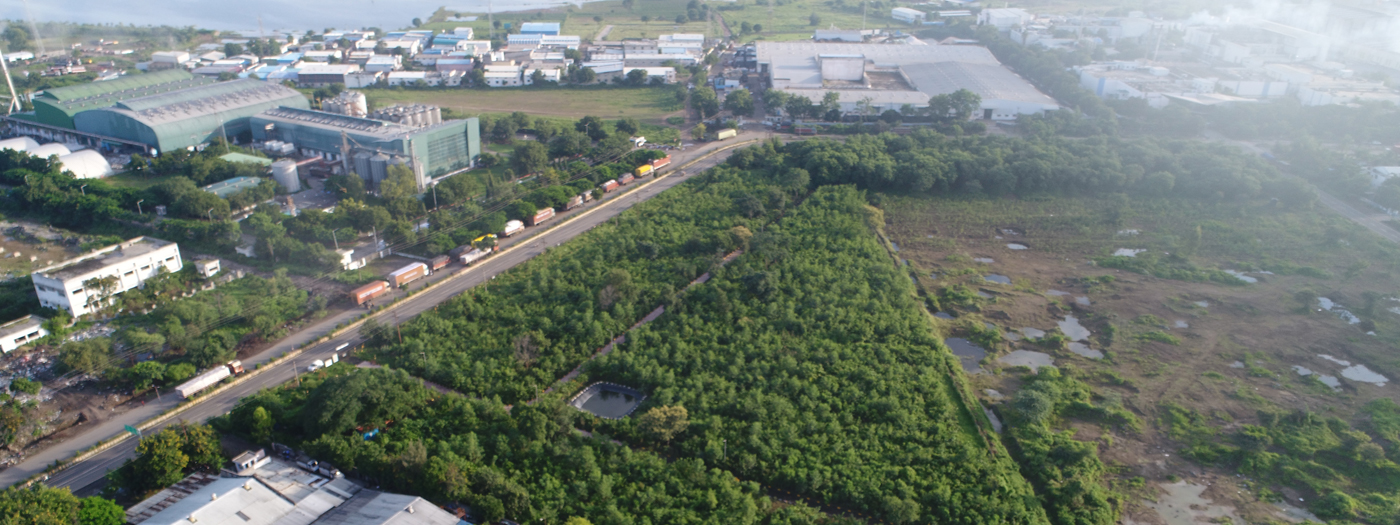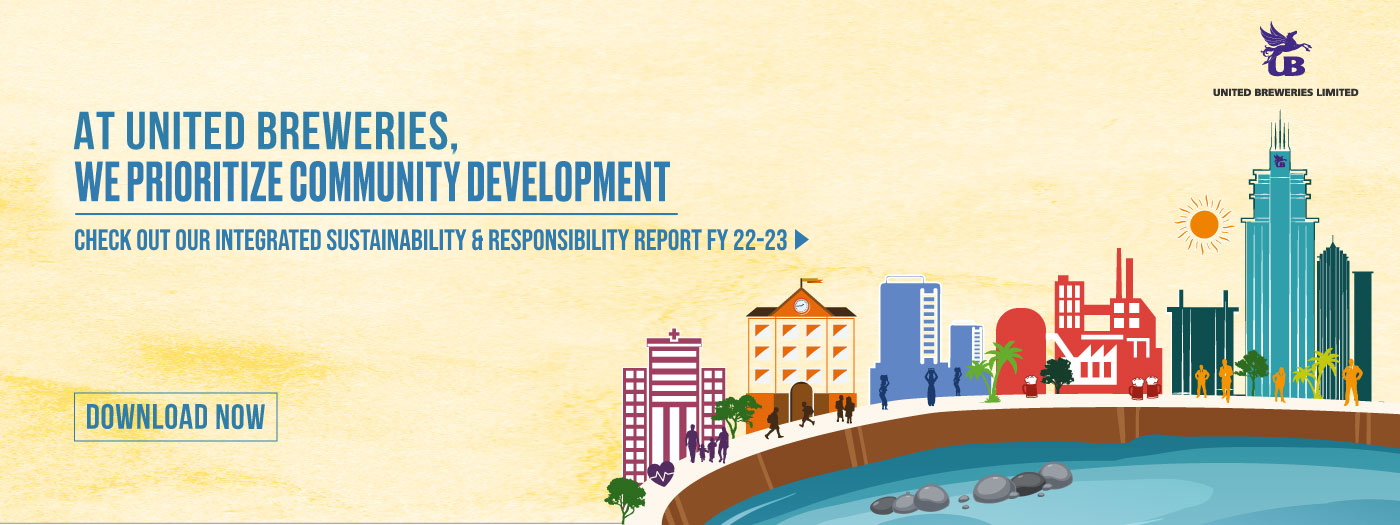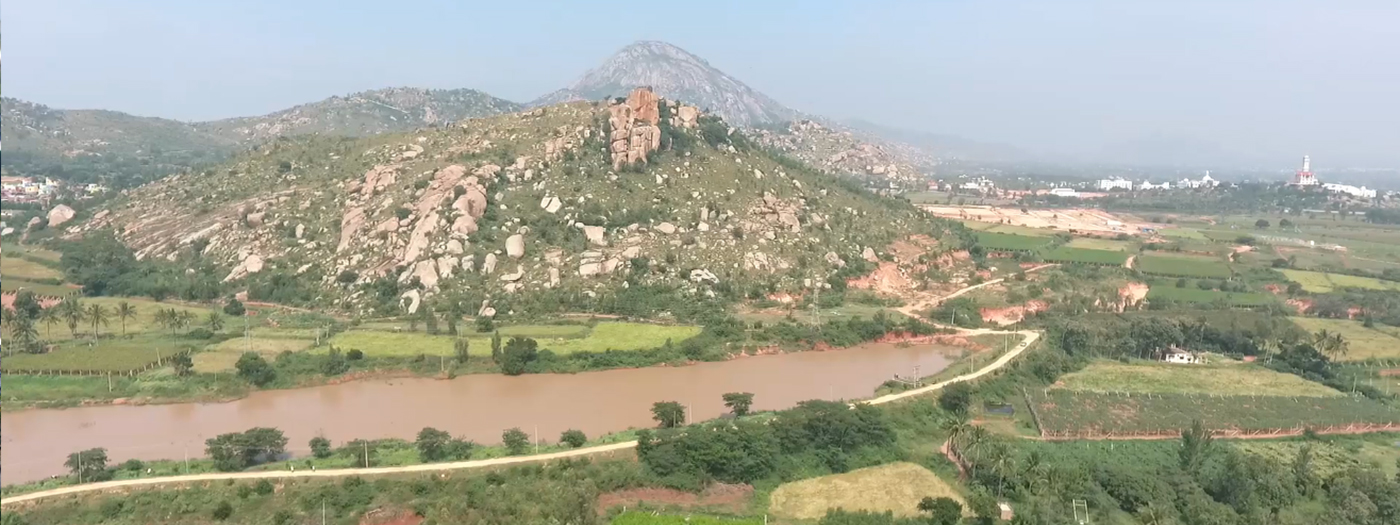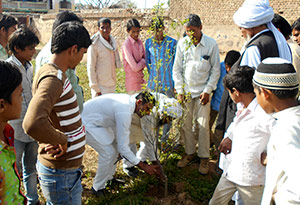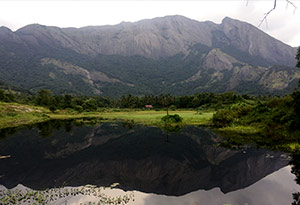Safe Drinking Water
It is indisputable that without water there is no life. Water is essential for the...
Read More
Conservation & Rejuvenation  Back
Back
UBL's "water neutral" programme is about identifying and implementing large-scale projects in water replenishment and recharge. The Water Conservation projects put the run-away rainwater to effective use and help improve the ground water levels which ultimately relieves the farmers of the water woes during summer months and they can use the agricultural land to its full potential. Rainwater harvesting is an important part of this initiative and has been implemented at various places.
- Desilting lakes and wells
- Rejuvenating nallahs, wells and trenches
- Construction of overhead tanks
- Constructing dug-cum-bore wells and percolation ponds
- Constructing cement nala bunds
- Constructing gully plugs and gabions
- Land levelling
States Covered by UBL are:

Karnataka
Needs of the villagers
In the Badagabellur village of Mangalore, the water was running off in the absence of rain-water harvesting activities, creating months of water scarcity. This further restricted farming to only 1 crop/year on a land that was capable of cultivating more.
Other problems were defunct bore wells and poor water levels that affected the crop.
Efforts by UBL
A nallah was rejuvenated in Badagabellur, that improved the water table in the required areas of cultivation and the farmers can finally harvest 2 crops/year. This rainwater harvesting activity helped retain the water that would otherwise run off and put it to efficient use in 350-400 hectares of land. The water recharge potential of the same is 2,70,000 kilolitres.
In Nelamanagla's Bomanahalli village, desilting of the lake and recharging of ponds and bore wells has improved the capacity, putting the available water to a more efficient use. An overhead tank with a capacity of 1 lakh litres has been constructed.
In the villages around UBL-Chamundi, water levels have been improved with percolation ponds, dug-cum-bore wells and recharging of the available trenches and wells.
Outreach

Maharashtra
Needs of the villagers
The selected 10 villages around the breweries – UB Ajanta and UB Ellora receive an average rainfall of 320 mm, making it highly difficult for agriculture. They were also met with droughts for a consecutive period of 3 years.
Ambelohal, Kasoda, Ghanegaon and Jogeshwari, villages in Aurangabad, were struggling with water scarcity and were dependant on water tankers. The bore wells and hand pumps were also rendered non-functional.
In Sultanwadi, climate change and poor management of natural resources has limited the agriculture potential. There were no existing soil and water conservation structures. This resulted in the unfortunate migration of the villagers for a period of 7-12 months. This area also comes under high priority for the CGWB where 80-90% agriculture is rain fed.
Efforts by UBL
UBL partnered with Dilasa Janvikas Pratishthan for their expertise in the matter. Water storage structures were constructed in villages of Aurangabad along with bunds for ground water percolation.
The only well in Ambelohal was deepened by 21ft. to solve water scarcity problems. Furthermore, 15 water storage tanks were established in different villages for the people to use them at their convenience.
In Gangapur taluka, 13 cement nallah bunds were constructed to check the flow of water, recharge the surrounding areas and help dying rivers hold water during monsoon. These help check soil erosion and the flow of water which consequentially have made previously dry bore wells pumping water once again. The water recharge potential of this nallah bund is 6,187 kilolitres.
The problems in Sultanwadi are challenging and are being combated with construction of earthen dams, trenches, gully plugs, gabions among others. Preparations to record the monsoon of 2017-18 have also been made so that the future projects can be of greater effectiveness.
Outreach

Rajasthan
Needs of the villagers
The people in the 10 villages around the brewery UB Rajasthan, are small land holders and poverty is an unfortunate everyday reality for them. Money lenders sometimes charge 36-50% interest and so good crop harvest is extremely crucial for the population.
The agricultural land is undulated and the flowing rainwater further adds to the stress. The water levels are low and the younger population is constantly in search of occupational activities.
Efforts by UBL
With implementation partner, Sir Syed Trust, UBL has started the Integrated Natural Resource Management Project in Rajasthan. The project mainly recharges ground water levels by rainwater harvesting. Land levelling has been carried out to improve the in-situ rain water harvesting to improve the productivity of the land. Other practices include bunding and planting that would meet the occupational requirements of the people, promoting fruit orchards and establishing vermi-compost pits.
This project also gives importance to increasing the livelihood options of the local community and the role of women in spreading the value of the initiatives.
Outreach

Kerala
Needs of the villagers
The Chellankavu villagers could only cultivate 2 crops due to the limited capacity of the lake and it was required to enhance the structure with the water from the nearby nallah also being put to effective use.
Efforts by UBL
The lake at Chellankavu in Palakkad were rejuvenated to enhance their water holding capacity. In Chellankavu, the depth of the lake was increased by 1.5m and the Northern, Eastern and South Eastern sides were strengthened. A check weir was constructed in the Eastern side of the nallah to divert the water to the lake. The water recharge potential has now become 3,00,000 kilolitres.
Further, recharge of ponds, percolation pits and roof water harvesting has increased water yield from bore wells and these efforts have allowed for a third crop to be irrigated by the farmers, thus, putting the land to its optimal use.
Outreach

States
Odisha, Haryana, Tamilnadu, Telangana, Bihar
In Odisha, 4,000 individuals have been ensured with water tanks.
Water harvesting has been carried out at UB Dharuhera, Haryana with recharging of ponds and wells.
Water structures have also been recharged in Tamil Nadu, Telangana and Bihar.


